Also thanks to the people who advise and guide and patiently explain why this bit is rubbish and that character wasn’t even in the story until page 274 and everyone in the book has glasses on …
Dinise Mina, in the Acknowledgements to one of her mysteries
Other people help us all the time, if only by growing the produce we eat or keeping the traffic lights in working order — matters we tend to notice only when they go wrong. We see them as part of modern life, which is to say we don’t see them.
Practice: Trying to “practice gratitude” is an iffy proposition. Instead identify a specific place and a time — the entrance to the grocery store, the traffic light at the bottom of the hill — to name a benefit you appreciate and acknowledge those who made it happen.
See also: Rough Drafts, The Mind Craves Images
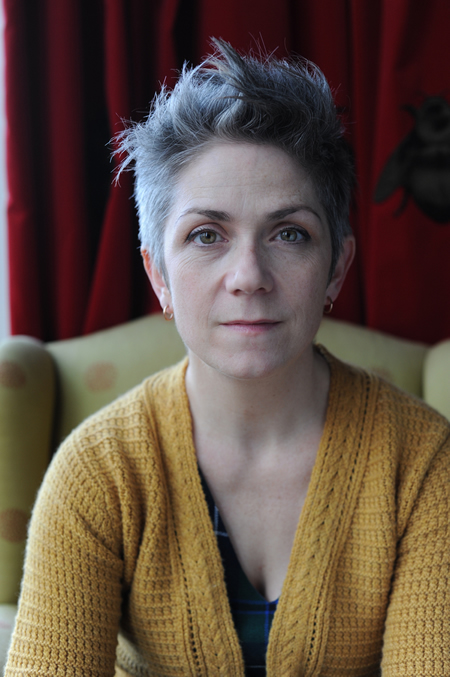 Denise Mina
Denise Mina
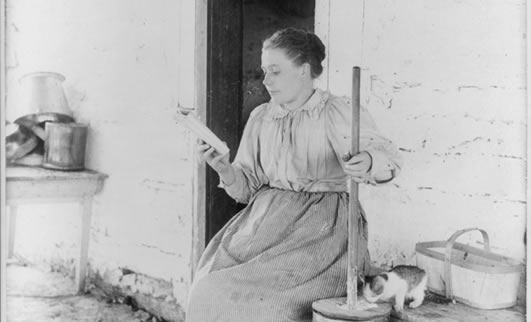 Library of Congress
Library of Congress
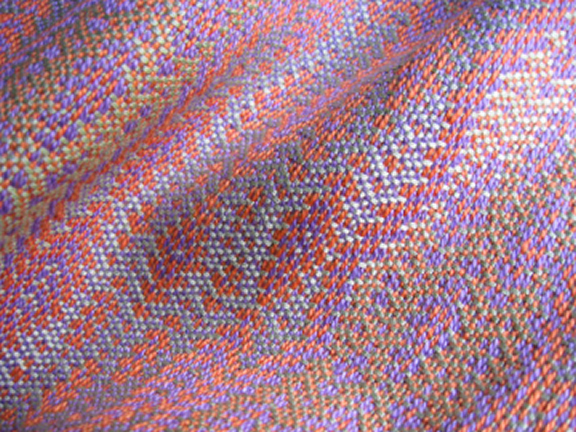
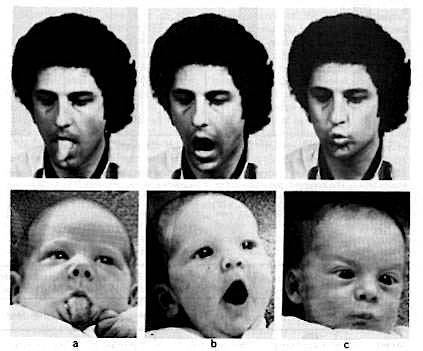
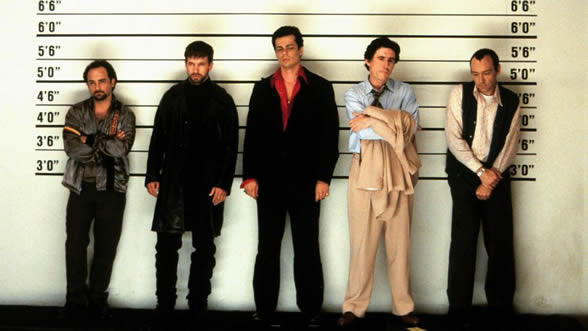
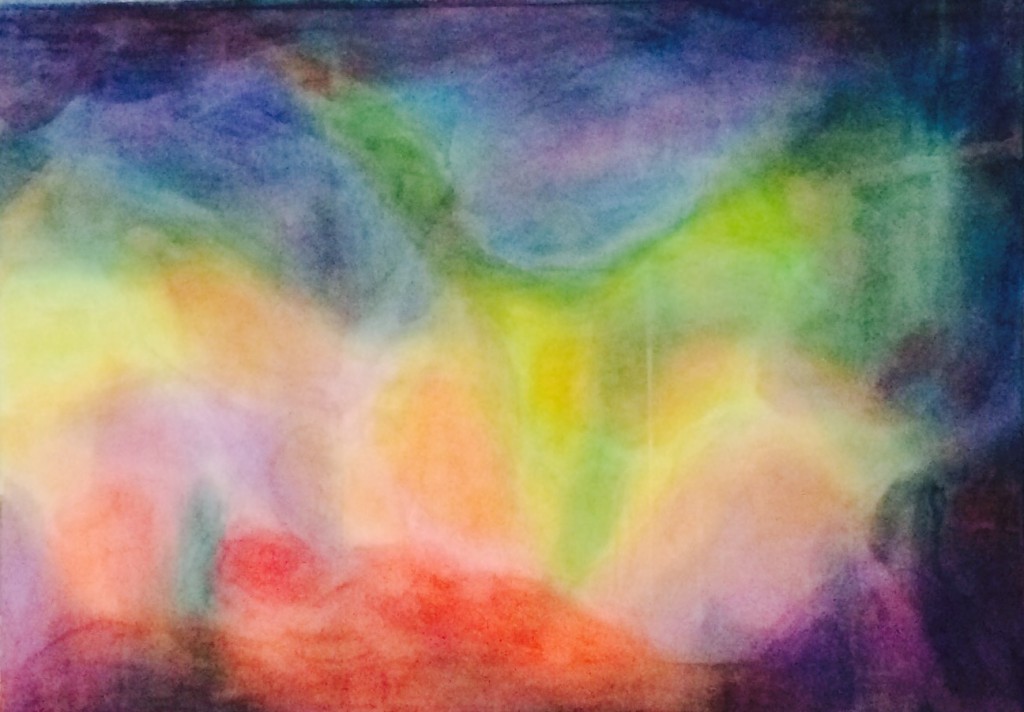 Visitation, by Robin Lieberman
Visitation, by Robin Lieberman
 Jean-Marie Guyon
Jean-Marie Guyon